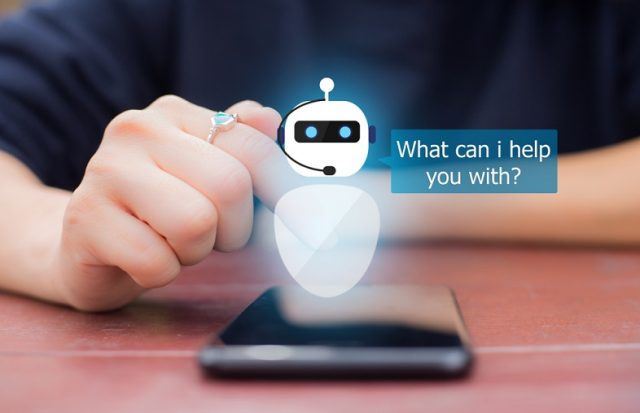
AI-Powered Chatbots: The Future of Customer Interactions?AI-Powered Chatbots: The Future of Customer Interactions? In the era of digital transformation, businesses are constantly seeking innovative ways to enhance customer experiences. AI-powered chatbots have emerged as a promising solution, offering a range of benefits that have the potential to revolutionize customer interactions. Enhanced Accessibility Chatbots provide 24/7 availability, ensuring that customers can access support whenever they need it. This eliminates the need for businesses to maintain costly call centers or wait for emails to be answered, providing a more convenient and efficient experience. Personalized Interactions AI-powered chatbots can collect and analyze customer data, enabling them to personalize interactions. They can suggest relevant products or services based on past purchases, remind customers of appointments, or provide tailored support based on their individual needs. Improved Efficiency Chatbots automate routine tasks such as answering frequently asked questions, freeing up human agents to focus on more complex inquiries. This streamlines customer interactions, reducing wait times and improving staff productivity. Cost Savings Deploying AI chatbots can significantly reduce the cost of customer support. They can handle a high volume of inquiries simultaneously, making them a more cost-effective alternative to traditional methods. Enhanced Customer Satisfaction By providing prompt, personalized, and efficient support, chatbots contribute to increased customer satisfaction. They can resolve issues quickly, offer self-service options, and provide a seamless user experience. Challenges and Considerations Despite their potential, AI chatbots face challenges that need to be addressed: * Language and Tone: Chatbots must use natural language processing to understand and respond to customer inquiries. Ensuring accuracy and maintaining a consistent and professional tone can be challenging. * Emotional Intelligence: Chatbots lack the emotional intelligence of human agents, which can lead to misunderstandings or missed opportunities to build rapport. * Ethical Concerns: Some customers may have privacy or trust concerns about interacting with AI chatbots. Balancing convenience with ethical considerations is crucial. Conclusion AI-powered chatbots have the potential to transform customer interactions, providing enhanced accessibility, personalization, efficiency, cost savings, and increased satisfaction. However, it is essential to address challenges related to language, tone, and ethics. As technology continues to advance, chatbots will likely play an increasingly significant role in shaping the future of customer service. By embracing these innovative solutions, businesses can create a more seamless, convenient, and engaging experience for their customers.
Posted inNews